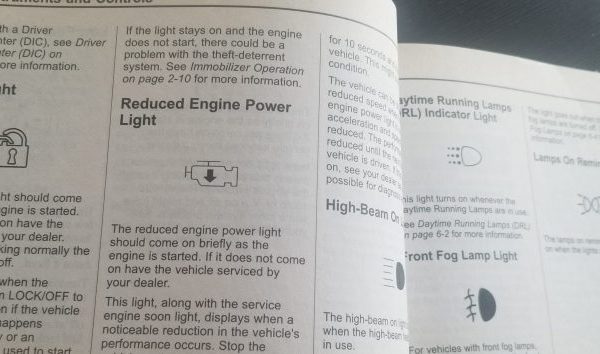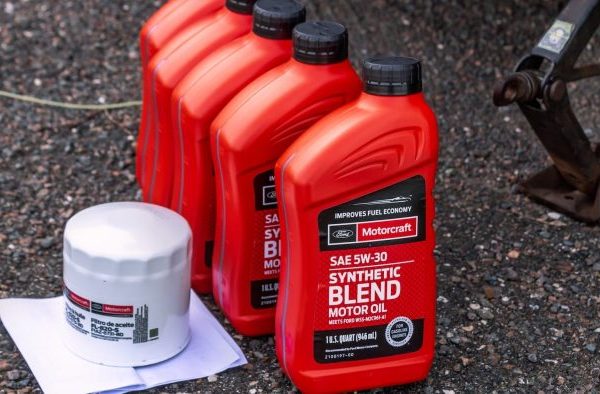
A lot of people tend to neglect their car and not give it the kind of care and maintenance it needs. One area that many people tend to overlook is the oil in their engine.
Engine Oil is a pretty important component in your car, as it helps protect your motor from overheating, dirt, grime, and other contaminants that may get inside your engine. If you don’t change your car’s oil on time or ignore any signs that indicate it needs changing, then you risk doing some serious damage to your engine.

In this article I am going to cover everything you need to know about oil changes, so you can protect your investment and avoid costly repairs down the road.
Know When to Change Your Car’s Oil
The first thing you need to know when it comes to oil changes is when exactly you need to do it. You may have heard that you should change your oil every 3,000 miles (newer models maybe up to 5,000 miles or more) or every 6 months, but these are just general guidelines.
They’re not set-in-stone rules that you absolutely have to follow. You need to change your car’s oil based on a few different factors.
You should follow the car manufacturer’s suggested oil change schedule first and foremost, that information will in the driver’s manual – or give the dealership a call. But your oil may need to be changed sooner than the manufacturer’s recommendation mainly because of your driving frequency.

For example if you are an UBER driver, the oil in the engine will be stressed way more than an average driver who just drive back and forth for work once a day. Even if you are not a frequent driver other factors may affect your engine’s oil life, such as:
Driving Conditions – The first thing you need to look at when deciding when to change your oil is the type of driving you do. Do you drive in a city where you’re traveling at slower speeds and stop and go a lot?
Or do you drive on highways where you’re traveling at higher speeds? If you drive in a city, you tend to go faster than you do on the highway. This means you have a greater risk of gunk and dirt getting into your engine. You also have to go through more frequent stop-and-go motion which also places more stress on your engine.
Engine Type – Another thing to consider is the type of engine you have. Engines with overhead camshafts generally don’t require oil changes for 15,000 miles. On the other hand, engines with pushrods need to have their oil changed every 5,000 miles.

Determine the type of oil you need
The type of oil you choose to use for your car is going to depend on many different factors. The first thing you need to determine is whether you need conventional oil or synthetic oil.
Conventional oil is cheaper than synthetic, but synthetic oil is more efficient and lasts longer. Another thing you need to look at is your car’s oil viscosity.

Oil viscosity and your engine
The viscosity of your oil will determine how easily it flows through your engine. There many grades (types) of engine oil consult your car manual for the recommended kind – that information may also be on decals near the engine.
When you read the car’s manual or the engine’s decals you may see specifications like, 5W-20, 5W-30 and 10W-30, describing your engine’s oil viscosity grade. Read and follow those instructions since some mechanics even recommend a different viscosity number based on the season.
According to the motor oil company, Castrol…
The viscosity of an oil is measured by its resistance to flow. There are two numbers that define the viscosity of an oil. The first number ends with the letter ‘W’, which stands for Winter. This measurement is related to how an oil flows when it is cold, such as at engine start-up
Castrol
It’s important to look at your car’s specifications to determine which viscosity you need. In terms of the brand of oil you choose, you want to make sure it’s a trusted brand that has a good reputation. You also want to make sure the oil is high quality and will protect your engine from wear and tear.
Why Is Changing Your Oil So Important?
Oil changes are extremely important. They’re one of the things you need to do to maintain your car and keep it in good shape. They’re also an important part of routine car maintenance that you need to commit to doing on a regular basis.
When you change your car’s oil, you’re removing old, contaminated oil and replacing it with fresh new oil that’s full of healthy additives. You’re also extending the life of your car’s engine because fresh oil helps to clear out the gunk that’s built up inside your engine.
If you don’t change your car’s oil, you run the risk of doing some serious damage. You may even put your car at risk of breaking down or not running at all. Not only will your car be at risk of breaking down, but it will also cost you a lot of money to have repairs done. You may even need to replace your car if you don’t change your oil.


